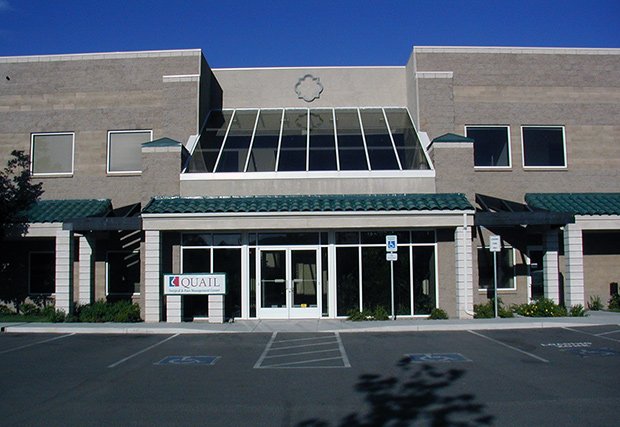If you need to have a surgical procedure done, you may be eligible to have it at an outpatient surgery center. While there are advantages to both hospitals and these facilities, choosing which one can depend upon several factors. Administrator Darren Roberston shares his insight on making the best choice for you.
Q: What is an outpatient surgery center?
This type of facility offers an alternative to having a procedure done at a hospital. The focus is on exclusively providing same-day surgical, diagnostic and preventive procedures and the center does not offer emergency care. Some centers feature multiple specialties under one roof, while others are dedicated to one specialty. Patients treated here do not need to be admitted to a hospital and usually go home after their procedure.
Q: Does the staff have the same training as those in a hospital?
Yes. The doctors, nurses and other clinical staff have the same level of training and credentials. In fact, some healthcare professionals work at both facilities, depending on the level of their specialty. Outpatient facilities are also subject to the same federal, state and safety regulations as a hospital. They are also required to have medical staff with emergency and CPR training, as well as the ability to transfer a patient to a hospital in the event of an emergency.
Q: What types of surgeries are done at these centers?
Some of the more common procedures involve the specialties of otolaryngology, gastroenterology, orthopedics, ophthalmology and urology. Patients typically can have colonoscopies; endoscopies; biopsies; treatment of kidney stones; cataract removal and insertion of lens; arthroscopic surgeries; and much more.
Q: Why use an outpatient surgery center?
Patients cite several reasons, including convenience, a more relaxed environment and ease of scheduling. Outpatient surgery is considered very safe if you are in good health; your BMI is not considered overweight or obese; you are younger than age 65; and are having a low-risk or minimally invasive procedure. However, not all patients are eligible. A preexisting health condition may put you at high risk for complications, so your doctor may recommend a hospital setting instead.
Quail Surgical & Pain Management Center
6630 S. McCarran Blvd., Suite C25
Reno, NV 89509
775-200-9645
Learn more >
Quail Surgical and Pain Management Center, Inc. is jointly owned by an affiliate of NNMC and community-based surgeons.


